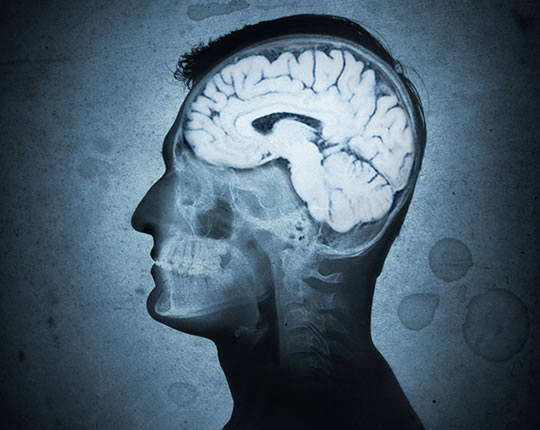Hope for a general strategy against neurodegenerative disorders found.
A five-year study has identified a way of reversing the symptoms of diseases like Alzheimer’s and Parkinson’s.
The research on fruit flies involves inhibiting two key enzymes.
Professor Flaviano Giorginia, one of the study’s authors, said:
“The two most common neurodegenerative disorders worldwide are Alzheimer’s and Parkinson’s disease.
The treatment options for these diseases are limited, and to date no cures exist.
Our hope is that by improving our knowledge of how these nerve cells become sick and die in the brain, we can help devise ways to interfere with these processes, and thereby either delay disease onset or prevent disease altogether.”
The enzymes targeted by the research increase levels of a key metabolite called kynurenic acide.
Professor Giorgini explained:
“There is a fine balance between levels of “good” and “bad” metabolites that occurs in the kynurenine pathway.
In disease, it shifts towards the “bad”, and by inhibiting TDO or KMO, we shift it back to “good”.
For example, we find that if we inhibit either TDO or KMO in Huntington’s flies we reduce loss of neurons.
In Alzheimer’s or Parkinson’s flies we see extension of the shortened lifespan exhibited by these flies, and we also reverse the defects they have in movement.
We have even used a drug-like chemical to inhibit TDO and found that this also alleviates ‘symptoms’.”
Professor Giorgini concluded:
“We are excited by these results, as they suggest that TDO and KMO inhibition could be a general strategy employed to improve symptoms in a myriad of neurodegenerative disorders, not just Parkinson’s and Alzheimer’s.
Indeed, five years ago we first showed that these manipulations could improve “symptoms” in Huntington’s disease model flies, so our next step is to validate our work in mammalian models and ultimately to see if such drugs could be helpful to patients in clinical trials”
The study was published in the journal Proceedings of the National Academy of Sciences (Breda et al., 2016).
Alzheimer’s image from Shutterstock

